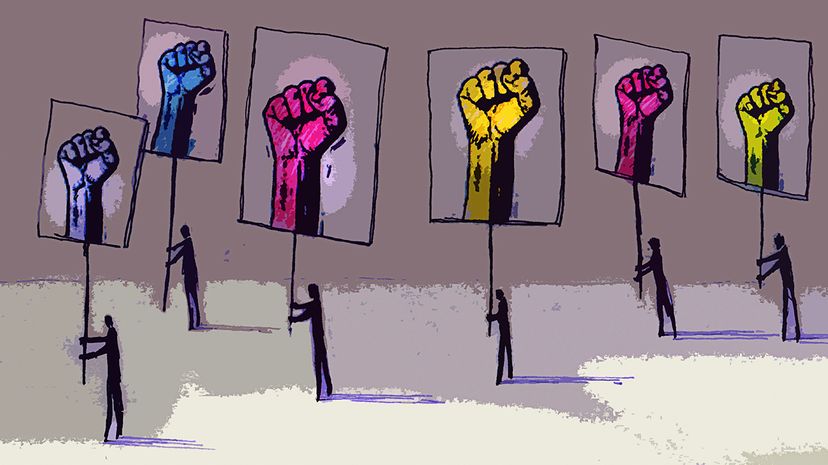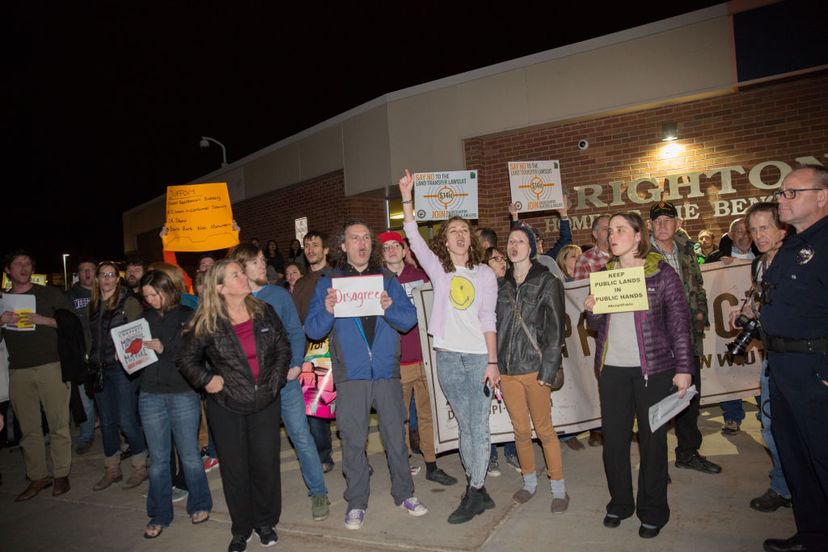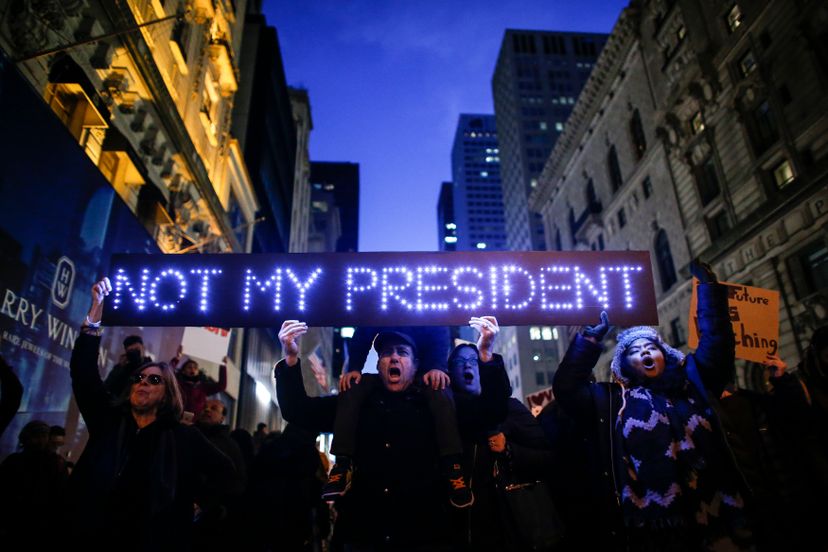
When Utah Rep. Jason Chaffetz showed up at a high school auditorium in his district for a town hall meeting in early 2017, he was confronted by an angry crowd of 1,000 people — plus even more who were protesting outside the building. According to a Deseret News account, audience members demanded to know how Chaffetz was going to use his position as head of the House Oversight and Government Reform Committee to hold President Donald Trump accountable, booing and chanting "Do your job!" at Chaffetz.
Afterward, Chaffetz claimed that he'd been set up. The rough reception he got at the event was "more of a paid attempt to bully and intimidate" than an indication of how his constituents felt, he said, though he didn't provide any evidence or identify who that he believed had hired the protesters.
Advertisement
Chaffetz's office didn't respond to a call from HowStuffWorks, but some of the attendees jokingly responded to his allegations by sending him invoices for their time. One of the attendees, Shauna Ehninger, a resident of Sandy, Utah, explained in an email that she was "just an unpaid ordinary citizen who cares what's going on in the world." Ehninger said that while people had shared information about the town meeting on social media, that's the only sign of coordination that she noticed, and that everyone she and her husband spoke to while standing in line was, like them, a constituent of the district.

But Chaffetz is just one of numerous politicians who've complained recently that they've been targeted by hired opposition. Rep. Louie Gohmert, R-Texas, also has charged that "some" protesters at Congressional town halls are being paid. The most notable complainer is President Donald Trump. After thousands of protesters in New York, Washington and other cities marched in April to demand that Trump release his tax returns, he tweeted that "someone should look into who paid" for the rallies. Trump also has denounced the "professional anarchists, thugs and paid protesters" who've opposed him. Trump's press secretary, Sean Spicer, also has complained that "protesting has become a profession," and that Trump is being targeted by "a very paid" movement.
Advertisement
